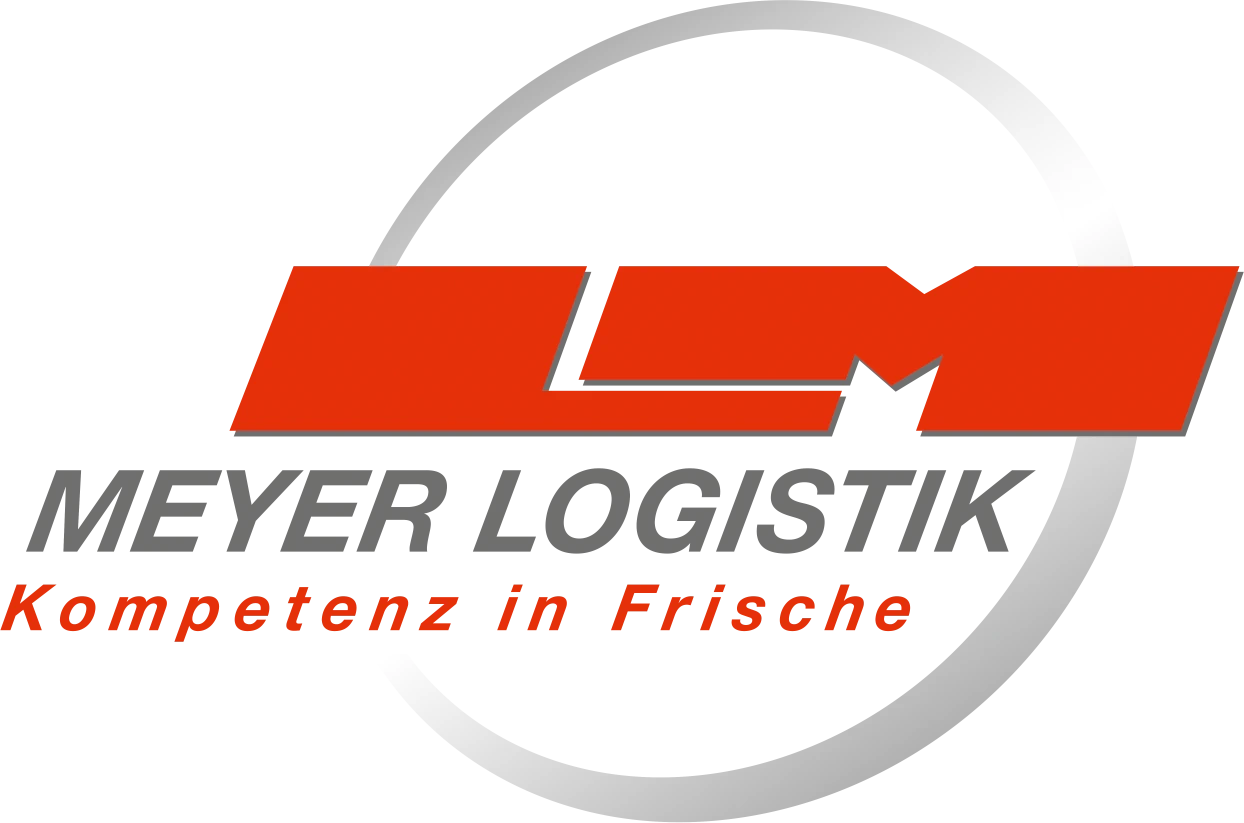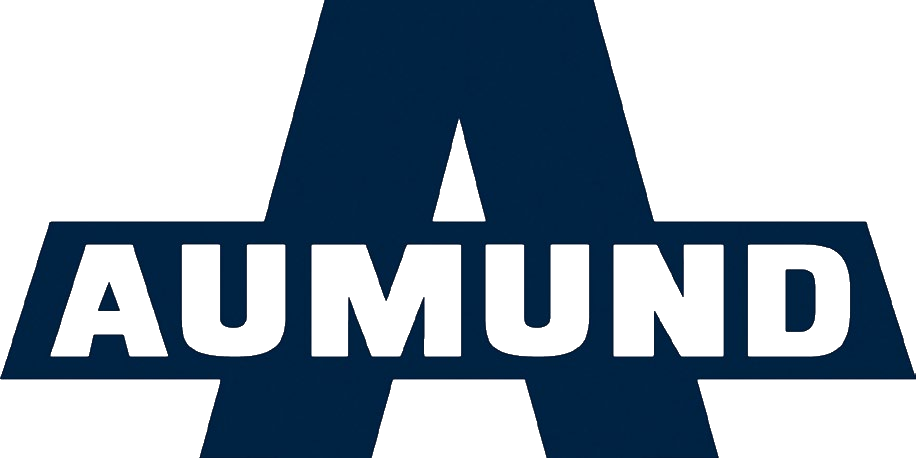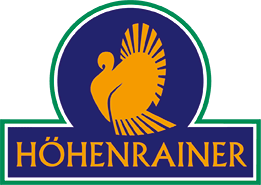Farming Certifications and Licenses Required in US Checklist
Template for documenting farming certifications and licenses required to operate in the United States. Includes steps for research, application, renewal, and record-keeping. Tailored for farm owners and operators seeking regulatory compliance.
Federal Certifications
FAQ
How can I integrate this Checklist into my business?
You have 2 options:
1. Download the Checklist as PDF for Free and share it with your team for completion.
2. Use the Checklist directly within the Mobile2b Platform to optimize your business processes.
How many ready-to-use Checklist do you offer?
We have a collection of over 5,000 ready-to-use fully customizable Checklists, available with a single click.
What is the cost of using this Checklist on your platform?
Pricing is based on how often you use the Checklist each month.
For detailed information, please visit our pricing page.
What is Farming Certifications and Licenses Required in US Template?
Farming Certifications and Licenses Required in the US
To start a farm or engage in agricultural activities in the United States, various certifications and licenses may be necessary depending on the type of farming, location, and products involved. Here are some of the key requirements:
Business Registration:
- Registering your business with the Secretary of State's office is essential.
- Obtain any necessary state or local business licenses.
Agricultural Certifications:
- Organic Certification: If you're farming organically, obtain certification from the USDA National Organic Program (NOP).
- GAP (Good Agricultural Practices) Certification: This is particularly important if you're selling produce directly to consumers or retailers.
- Animal Welfare Approval: For farms raising animals, certification from organizations like the Certified Humane program or the Animal Welfare Institute may be necessary.
Pesticide and Fertilizer Use:
- Apply for and maintain a pesticide application license through your state's Department of Agriculture or Environmental Protection.
- If you're using fertilizers, ensure compliance with local regulations and possibly obtain certification as a fertilizer applicator.
Animal Health Certifications:
- Obtain certifications related to animal health, such as the USDA's APHIS (Animal and Plant Health Inspection Service) programs for diseases or pests.
- Comply with any zoning or land-use regulations specific to your area.
Food Safety and Handling:
- Ensure you're compliant with HACCP (Hazard Analysis and Critical Control Points) requirements, especially if you're handling raw produce or meat.
- Train all employees in proper food safety practices.
Environmental Regulations:
- Be aware of any environmental regulations related to water usage, waste management, or air quality.
- Ensure compliance with local ordinances regarding things like noise levels and odors.
Labor Laws and Worker Safety:
- Comply with all labor laws, including those related to minimum wage, worker's compensation, and overtime pay.
- Ensure a safe working environment for your employees by providing necessary safety equipment and training.
Zoning Compliance:
- Familiarize yourself with local zoning regulations regarding land use, building permits, and setbacks.
- Ensure that your farm operations comply with these regulations to avoid fines or legal issues.
Marketing Requirements:
- If you're selling products directly to consumers, research and obtain any necessary marketing certifications (e.g., for organic produce).
- Be aware of labeling requirements, especially if you're marketing products as "locally grown" or made using specific methods.
Record-Keeping and Compliance:
- Keep accurate records of your farming activities, including sales data, pesticide use, and employee training.
- Stay up-to-date on changes in regulations and ensure that your farm operations remain compliant to avoid legal issues or financial losses.
How can implementing a Farming Certifications and Licenses Required in US Template benefit my organization?
Here are some potential answers to the FAQ:
- Streamlines the process of obtaining necessary certifications and licenses for your farm or agricultural business
- Ensures compliance with federal, state, and local regulations
- Provides a clear guide for farmers and agribusiness owners to navigate complex certification requirements
- Helps to avoid delays in production and sales due to lack of required documentation
- Enhances credibility and trust among consumers by demonstrating adherence to industry standards and best practices
- Facilitates access to markets and government programs for certified farms and agricultural businesses
- Improves operational efficiency and reduces the risk of errors or oversights related to certifications and licenses
What are the key components of the Farming Certifications and Licenses Required in US Template?
Here is the list of key components:
- National Organic Program (NOP)
- USDA-accredited certifying agents
- On-site inspections
- Documentation requirements
- USDA Process Verified Label
- Satisfactory completion of a process verification audit
- Compliance with designated standards and procedures
- USDA American Grown Label
- Originating from the United States
- Compliance with US food safety regulations
- State-specific certifications (e.g., California's Certified Organic Program)
- Compliance with state-specific regulations and standards
- Integrated Pest Management (IPM) certification
- Implementation of IPM practices in farm management
- Good Agricultural Practices (GAPs) certification
- Compliance with GAPs guidelines for produce safety
- Food Safety Modernization Act (FSMA) compliance
- Compliance with FSMA regulations for food safety and sanitation
- State-specific licenses (e.g., California's Livestock Dealer License)
- Requirements vary by state, but typically involve documentation and inspections
State Certifications
Local Certifications
Record Keeping and Reporting
Employee Certifications
Liability Insurance
Signature
Expense Reduction
 34%
34% Development Speed
 87%
87% Team Productivity
 48%
48% Generate your Checklist with the help of AI
Type the name of the Checklist you need and leave the rest to us.
 Made in Germany
Made in Germany Fair Pricing Policy
Fair Pricing Policy




























 Certified Security and Data Protection
Certified Security and Data Protection Active Support and Customer success
Active Support and Customer success Flexible and Fully customizable
Flexible and Fully customizable